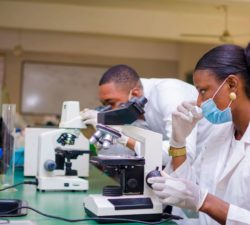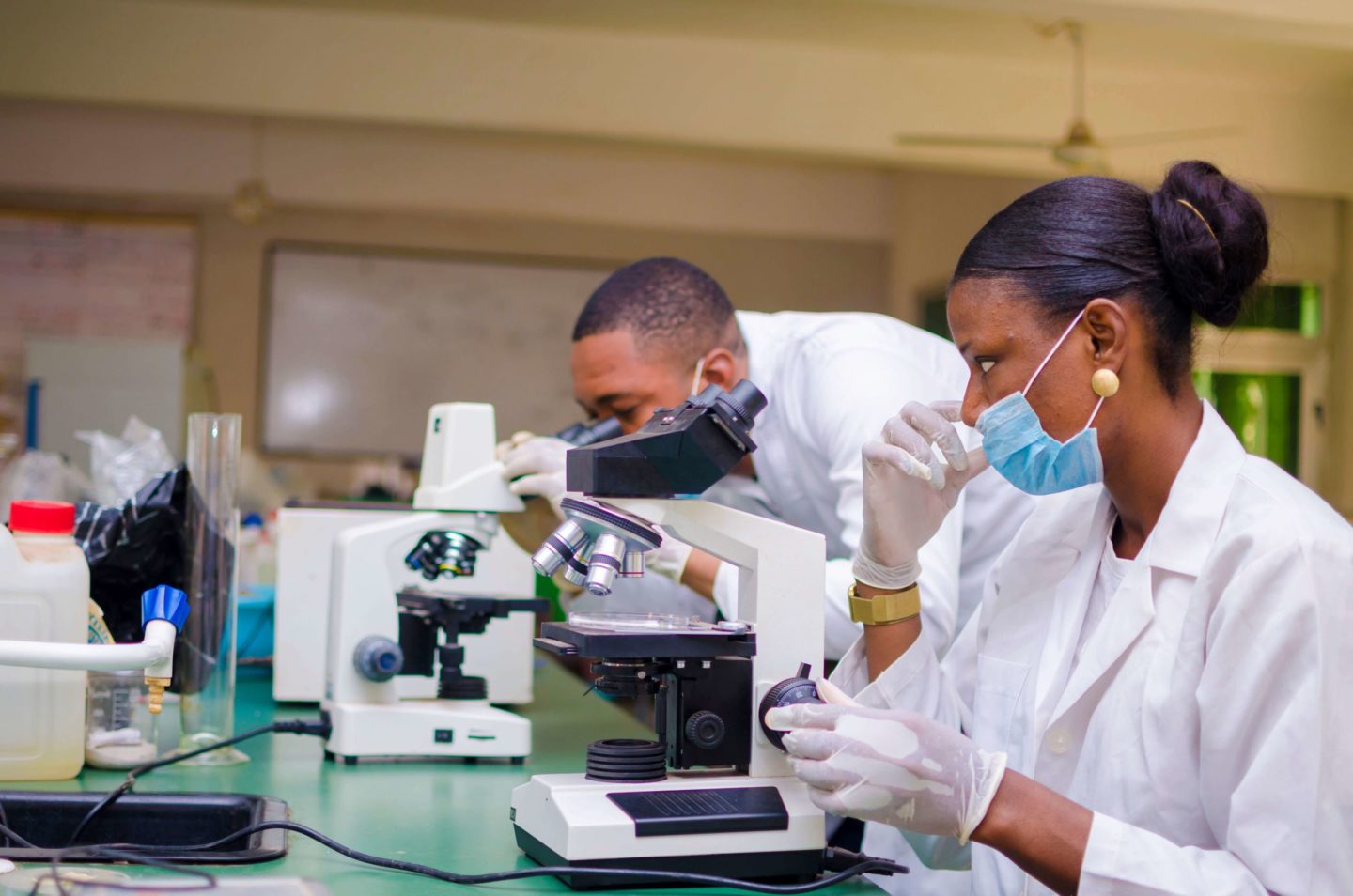As African countries seek to ramp up production of COVID-19 vaccines, they are running into several obstacles including supply chain and quality control issues. Could Lean Thinking, a manufacturing ethos developed in car factories, help local vaccine manufacturers up their game at this critical time?
The scramble to secure vaccine supplies during the COVID-19 pandemic has stress tested the global pharmaceutical supply chain. We’ve already seen how failures related to supply and quality issues can have very grave consequences in this industry. Earlier this year, for example, Johnson & Johnson had to dump 15 million doses of its one-shot vaccine after a batch produced in one US factory failed quality control checks.
Such incidences are all the more important to heed as developing countries aim to set up their own production facilities. Vaccination rates in Africa still lag well behind other parts of the world. By September this year, countries on the continent had…


